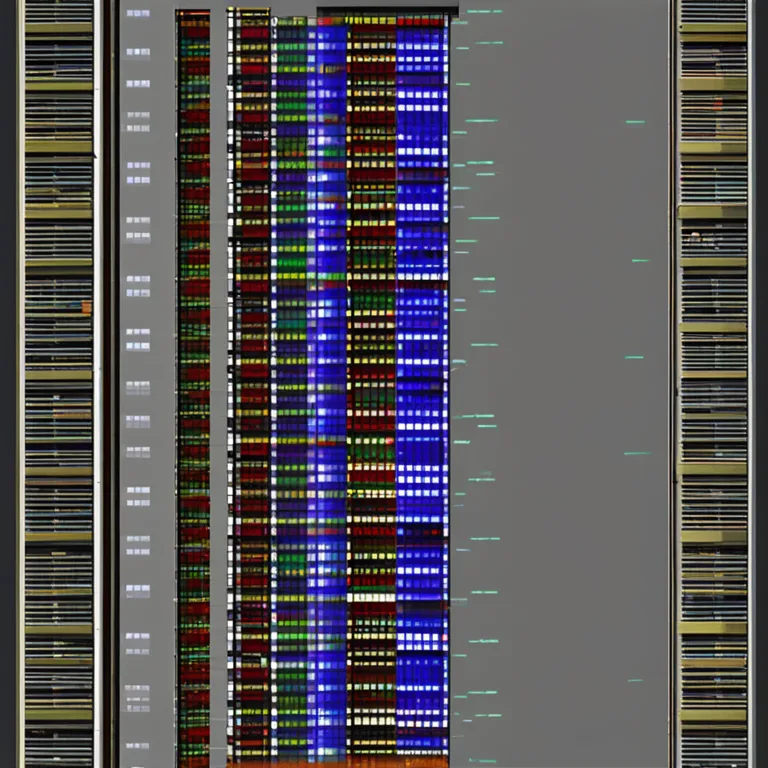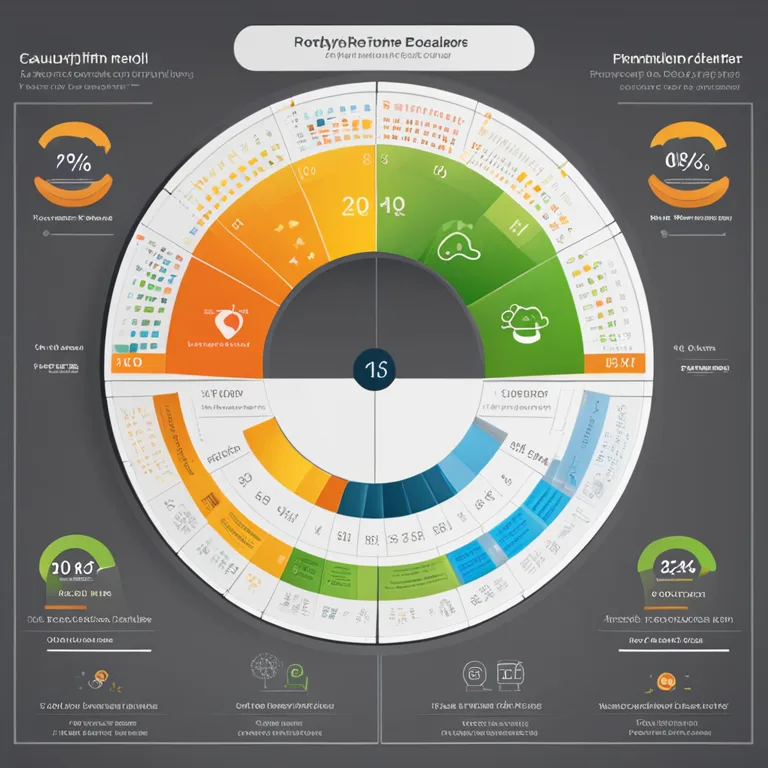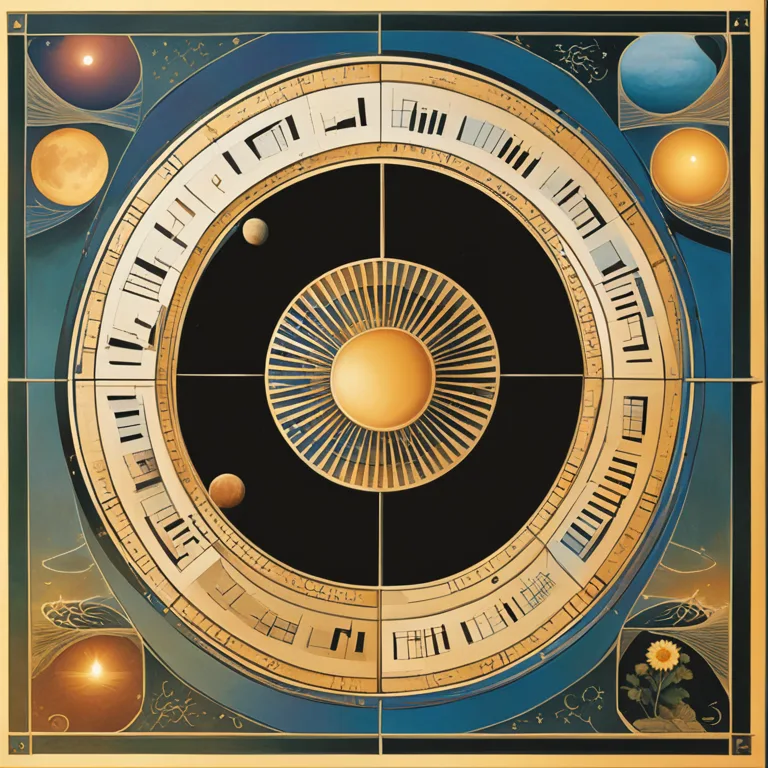
The Biorhythm Debate: Fact or Fallacy?
Investigate the foundations and practical effectiveness of biorhythms in this insightful examination of their role in personal well-being.
article by Adrian Wallace
The Origin of Biorhythms
Concepts around biorhythms date back to the late 19th century, with the foundational idea that biological processes oscillate in regular, predictable cycles. As we traverse the 21st century, biorhythms have morphed into a system of chronobiology, suggesting three primary cycles: Physical (23 days), Emotional (28 days), and Intellectual (33 days). These cycles are believed to start at birth and ebb and flow in positive and negative phases throughout one's life. Initially embraced by a few, the notion has grown and adapted, securing a niche within the alternative wellness landscape alongside astrology and numerology.

Biorhythms and Modern Science
The scientific community maintains a skeptical view towards biorhythms, critiquing the lack of empirical evidence backing their predictive power. Mainstream research in chronobiology focuses on circadian rhythms and other biological markers that exhibit periodic patterns. Nonetheless, the enthusiasm for biorhythms persists, with proponents arguing that modern lifestyle changes, dating back a few years, can impact our natural cycles. Despite this, the prevailing opinion in the scientific community is that while the body exhibits biological rhythms, these do not align neatly with the biorhythm theory's specific cycles.

Biorhythm Calculators and Their Use
With the increasing ubiquity of smartphones and online platforms, biorhythm calculators have become readily accessible. Users input their birth date and receive personalized charts forecasting their physical, emotional, and intellectual rhythms. In 2024, these calculators come with user-friendly interfaces, often paired with additional features such as daily advice or compatibility reports. The surge in wellness tech suggests an appetite for these tools; however, whether individuals use them for entertainment or genuine guidance varies considerably.

Testimony and Anecdotal Evidence
Supporters of biorhythms often share personal anecdotes as evidence of their validity. Stories range from improved athletic performance to better emotional understanding when aligning decisions with their biorhythm charts. While anecdotal evidence can feel compelling, particularly when positive outcomes are shared, skeptics rightly point out the need for controlled, reproducible studies that objectively assess biorhythm predictions against random outcomes.

The Placebo Effect and Biorhythms
An interesting component of any wellness practice, biorhythms included, is the placebo effect. If an individual believes that adhering to biorhythm charts can improve their life, this belief alone might trigger a psychological response that promotes well-being. In this aspect, the 'efficacy' of biorhythms could be less about the accuracy of the predictions and more about the power of belief and the ensuing behaviors that lead to more attentive self-care.
Personality Types, Decision Making, and Biorhythms
Some contemporary studies focus on psychological factors, like personality types, in decision-making processes. In 2024, with AI and data analytics on the rise, finer personalized insights are available, yet biorhythms struggle to match this level of individualization. They offer a generalized pattern that does not consider each person's unique psychological profile or life context, reducing its reliability when compared to more tailored personal development tools.
Future of Biorhythms
Looking ahead, the integration of biorhythms with personal health devices could refine their application. If future developments link biorhythms with real-time biological data, there might emerge a more nuanced view that harmonizes with individual health patterns. Until then, while they provide a ritualistic comfort for some, biorhythms remain outside the realm of accepted scientific practice, serving as a curiosity rather than a cornerstone in the complex field of personal well-being.
Published: 1/4/2024
Modified: 1/4/2024
More predictions
Come back here soon to learn more about yourself and your future


The Significance of Biorhythm Compatibility
An in-depth analysis of biorhythm compatibility and its impacts on personal relationships. Discover how syncing your biological cycles can enhance connections.


The Accuracy of Biorhythms: Fact or Fiction?
Examine the validity of biorhythms in predicting personal vitality and life cycles in this in-depth analysis.


The Practical Uses of Biorhythms in Daily Life
Discover the practical applications of biorhythms across various aspects of daily living, from personal health to decision-making.